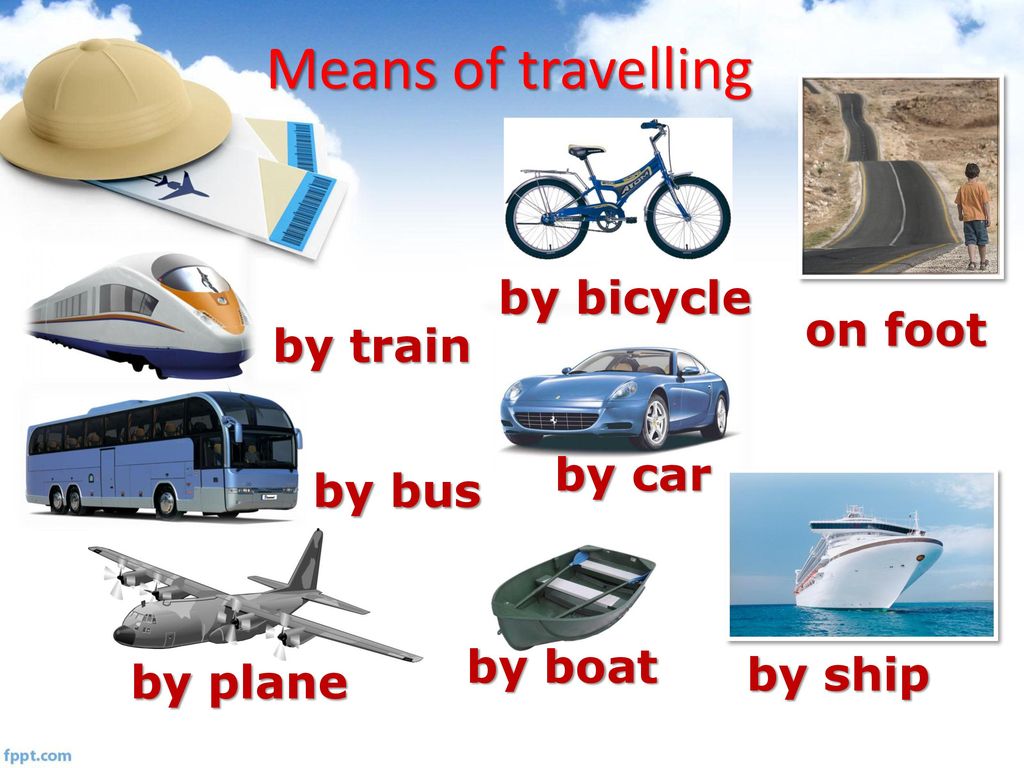How to deal with a needy child
What are the Best Tips for Parents with A Clingy Toddler?
Toddlerhood is a time when a vast amount of growth and development occur. It is also a time when most kids are clingy. While toddler clinginess can be upsetting for parents, it’s important to understand that this is a normal part of development.
Toddlers become clingy because they have built secure connections to their parents. So, the next time your toddler becomes clingy, there’s no need to be upset or exasperated.
Try these helpful tips to handle the behavior of your clingy toddler.
Do not punish or ignore their clingy behavior
Managing your response to your toddler’s clingy behavior is important. Instead of ignoring, punishing them or allowing yourself to get upset, go back to the reason behind their behavior. Always remember that their clinginess is an indication of your child’s attachment to you. It’s not something any parent should hold against their kids.
The best thing to do is to give them the assurance they need. If you have to leave them to another caregiver, assure them you will come back. Give them a warm embrace and keep your goodbyes brief.
Understand how they feel and empathize with them
Making your child feel that they are understood can help them calm down. Let them know you recognize their feelings by showing empathy. For example, you can say something like “I wish I could stay with you right now and watch your favorite cartoon together, but I have to leave for work. I promise to do it tonight as soon as I get home.” Letting your little one feel how much you want to be with them can mean so much. It can give them the confidence that you’ll be coming back for them.
Encourage independence
Toddlers tend to be less clingy the moment they start gaining self-confidence. You can help build that confidence by giving them opportunities to perform tasks on their own. For example, you can assign simple household activities like making their bed, making their snacks, putting away their toys, etc. You can also ask them to help around the house.
You can also ask them to help around the house.
Knowing they are able to do something independently and are able to contribute can make them feel more comfortable on their own.
Don’t forget to praise them
Praising your children for finishing tasks independently can help boost their self-esteem and independence. It will further encourage self-sufficiency which will help reduce clinginess. So whenever they exhibit positive behaviors or progress towards independence, be sure to take time to praise them. It’s also a good idea to give rewards at times to encourage good behavior.
Spend time with others
Instead of letting your toddler getting used to only you, it is better if you give them the opportunity to be with other people. One of the reasons why children refuse to leave their parents’ side is because they don’t feel comfortable being around other people, especially in an unfamiliar environment. But you can reduce the chances of meltdowns by gradually allowing them to be comfortable in the presence of other people.
Try to schedule a regular visit to grandma and grandpa. Or have a weekly playdate routine. Getting them outside their comfort zone is an excellent way to ease them into being comfortable with others.
Give them the chance to express their own feelings
It’s never easy for kids to deal with their feelings, especially when they don’t understand them. Getting over their clingy behavior does not happen overnight. Give your little one the chance to embrace their emotions. It is part of their growth and development. Every child goes through the same phase but they will eventually outgrow it. The best thing parents can do is to assure them they are loved and understood no matter what.
Nobody says dealing with a clingy toddler is easy. It is tough but there are several ways to better handle it. Use these helpful tips to help build your child’s confidence even when you’re apart.
If you need more tips on parenting or are looking for the best childcare for your little one, please feel free to visit The Pillars Christian Learning Center.
7 Useful Tips on Dealing With an Overly Clingy Child
If you’re bringing an overly clingy child into this world, it’s essential to prepare yourself mentally for the process of developing a relationship. However, there are times when children get overly clingy in response to stressful circumstances or stress. It can be tough on parents and children alike!
When this happens, it’s essential to understand what’s causing the behavior and how you can help your child through the rest of the process.
1. Understanding Your Child’s Stress Levels
One of the leading causes of clingy behavior is stress. It can be caused by a significant amount of work, play, or school performance pressure that your child feels.
When there are many pressures on your child, he or she will notice it and then be over-focused on all the tasks that need to get done. Parents need to be aware when this is happening to respond accordingly to help their children become more relaxed.
2. Encourage Them to Redirect Their Attention
Parents need to be aware of the source of their child’s stress, so they can help them understand it and deal with it accordingly. When a child is overly clingy, they need to learn how to be more independent and redirect their attention away from their stressed-out feelings.
Parents need to understand what stress is and how they can help their children deal with it. If you’re feeling stressed out, it can be difficult for you to know how best to respond that will help your child. Some helpful things you can try are:
They are giving a hug or a kiss. It helps the child feel loved and cared for and lets them know that they are valued.
Have a long conversation with your child. It shows that you care about them and encourage them to open up to you and share their feelings.
Get a massage from your child. It will help them feel loved, show that you care about them, and let them know how much they can rely on you.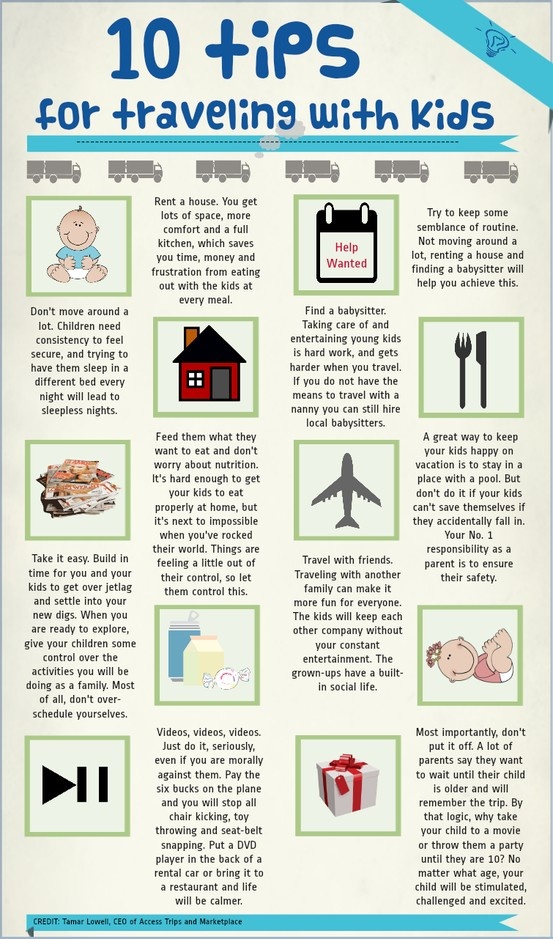
Give the child a break from schoolwork or other tasks. Give their minds time to relax and focus on something else.
3. Use Your Emotional Intelligence Skills
One of the most important ways parents can help their children deal with stress is learning to exercise their emotional intelligence skills. It will help them understand what is truly going on and how they can help themselves get through it. Here are some things you can do:
Pay attention to your child’s body language. If your child is overly clingy, they show a lack of confidence in themselves and in what they’re doing. If you notice this, listen to them and try to understand their feelings.
Ask your child how they feel emotionally. It will help them become more comfortable sharing with you their thoughts and emotions.
Listen to your child. It shows that you care about them and want to understand what is going on with them.
Encourage your child to talk about what is happening. It will help them feel like they have someone to talk to and that their feelings are understood and supported by you.
It will help them feel like they have someone to talk to and that their feelings are understood and supported by you.
4. Set Clear Boundaries
Another way parents can help their children deal with stress is by setting clear boundaries. If your child feels desperate for attention, it’s because she feels like she’s not getting it from her parents or other important people in their lives.
Setting boundaries is how parents can show their children that they are there for them in times of need. Parents should also be aware of the difference between healthy attention-seeking and needy attention-seeking. When children are trying to get attention, it’s because they feel like they need it.
5. Know What the Source of the Stress Is
Parents should take the time to do some soul-searching and find out why their child feels stressed so often. It will allow them to be more aware of the circumstances causing their child to feel this way and help them learn to better deal with it.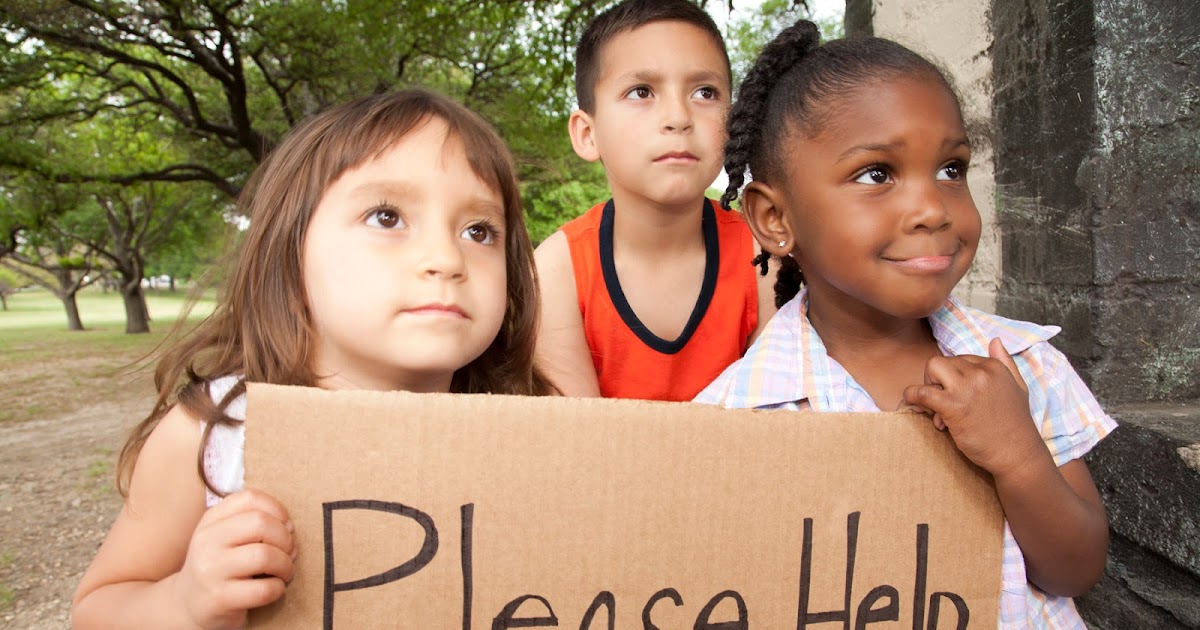
Some situations that cause stress in children include:
They are having an overbearing parent or another adult in their lives.
Having an overbearing parent or another adult in their lives. Having unrealistic academic goals, like having a perfect GPA.
I was being bullied at school.
Being bullied at school. Losing a parent.
Losing a parent. Having an absent friend or sibling.
Having an absent friend or sibling. Feeling the pressure of having to do well on various academic tests and exams each year.
Family changes when these shift in a more stressful direction, like divorce, job changes, and moving away from family and friends.
6. Be a Good Role Model
One of the biggest causes of stress in your children is if you’re stressed out. Often, children will pick up on the parents’ feelings and emotions and begin to mimic their behavior.
It would be best if you made an effort to keep your stress levels down so that your child can see that it’s not because they’re causing a major problem or crisis when they get stressed. As parents, we are supposed to be role models for our children. If our children see us stressed out, it’s because we’re doing poorly or a problem that we can quickly solve.
As parents, we are supposed to be role models for our children. If our children see us stressed out, it’s because we’re doing poorly or a problem that we can quickly solve.
7. Teach Your Kids How to Meditate
It’s important to point out that redirecting their focus will only work for a little while when your child is feeling stressed. To deal with and overcome stress, they need to learn how to get rid of it on their own. It is where meditation comes in.
Meditation is a proven method to help deal with stress. Meditation can help children learn to reduce their stress and anxiety levels and learn how to control their thoughts and emotions. If you want your child to learn how to meditate, be sure to teach them the right way.
Stress is something we all deal with. Stress can be good; stress can be harmful. It’s how we deal with it that makes it good or bad. We have to learn how to identify when we’re stressed, how it affects us, and what we can do about it.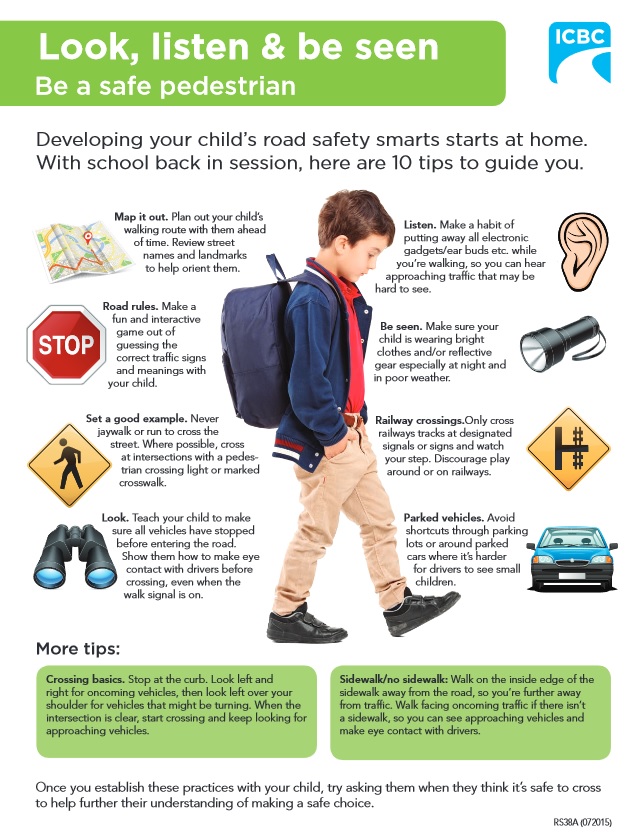
When a child does not have enough attention, they act clingy and try to get the parent’s attention. It is important for adults to set limits on their children in order to avoid the child from being spoiled. This can be done by enforcing rules, setting boundaries for when to play with friends, reminding children that they need their space, and knowing when it is time for a break from parenting.
I hope this article helped you with dealing with an overly clingy child. Should you have more tips to share, please leave us a comment below.
Be kind: how to instill in a child the habit of helping
How to raise a child to be kind and sympathetic? How to show him that he is able to change the world around for the better by helping others? To do this, parents themselves need to figure out how to do good deeds correctly, and then help the child find a topic that will really captivate him.
Recently, my son put a gum wrapper in a special box - we sort the garbage from there and give it to recycling. Of course, I praised (it is necessary to consolidate the success!), And he said, "Mom, I'm already automatically."
Of course, I praised (it is necessary to consolidate the success!), And he said, "Mom, I'm already automatically."
To form the habit of helping, start simple. The first thing you can think about is respect for nature. Try saving energy and turning off the water when brushing your teeth. You can sort and recycle garbage together, collect batteries for recycling, not buy extra plastic bags, donate things that are no longer needed to charitable stores (including children's). Be sure to do it together and explain why all this is and how you help nature and other people with your actions.
I am sure that raising a person who cares about what is happening around should start with very simple actions that become easy and habitual. It does not require any solemn moment.
The second is helping loved ones. If a child is not used to helping elderly relatives or parents at home, he is unlikely to be imbued with the very idea of charity. Create situations where the child can offer help, praise the fact that the child offers to do something, even if you know that it may not work out perfectly. It is important that the child feels that helping is a pleasure.
If a child is not used to helping elderly relatives or parents at home, he is unlikely to be imbued with the very idea of charity. Create situations where the child can offer help, praise the fact that the child offers to do something, even if you know that it may not work out perfectly. It is important that the child feels that helping is a pleasure.
Many good deeds can also be done outside the home. Perhaps you have a lonely neighbor who only the social worker remembers. If you are going shopping, go with the children and ask if there is anything you need to buy for her too. And she will definitely be happy with the cookies or cupcakes you baked together.
If you meet a child with special needs on the playground, show by your own example that everyone deserves respect and love - start talking first, and then involve the child in some simple joint game, explain that all children are special, everyone deserves friendship.
Help while having fun
Help can be fun by attending interesting charity events together: exhibitions, performances, fairs, workshops and markets. This approach works better than sad speeches about the fate of the orphans and children of Africa. Most importantly, he does not create a negative background around charity, because of which the child may one day begin to avoid this topic. It's great to go to the event and tell the child how and to whom exactly your participation helped. For example, money for tickets to the festival went to an animal shelter or helped pay for the treatment of a sick person.
Announcements of fun and useful charitable events can be found on the websites of charitable foundations, in publications that write about city life (many publish thematic collections).
Use your talents
A child who enjoys crafting might be fascinated by the idea of participating in a charity fair. What can be sold on it? A pie baked with parents, a doll, a picture or a knitted toy. Usually children are happy to display and buy cute trinkets from each other.
A charity fair can be organized at the school. To do this, you need to enlist the support of the teacher, director and other parents and pre-arrange the day of the fair. The proceeds are best sent to a reliable charitable foundation. Dobra Mail.ru has collected a list of 158 verified funds and NGOs from all over the country. It is very important to give the children a lesson in kindness and talk about how adults and children can help, who will receive the funds that the children collected together at the charity fair.
First figure out how to help properly
Before teaching a child to do good deeds, you need to figure out how to do it correctly. After all, the easiest way to teach a child something is to do it by example. Here are a few things to consider.
- Do not give cash at street. Honest charitable organizations do not collect money like that, and the person who asks for a “ticket home” is most likely part of a large “beggarly mafia”.
— Do not take gifts to children in orphanages. Many people think that taking things and gifts to an orphanage is the best thing to do. But in reality, the life of an orphan child is changed by a close adult who communicates with him constantly, takes part in his fate. Children from orphanages are helped by educational programs run by charitable foundations (and this really needs donations). Gifts from strangers instill in orphans a consumer attitude towards adults and do not relieve them of loneliness.
Children from orphanages are helped by educational programs run by charitable foundations (and this really needs donations). Gifts from strangers instill in orphans a consumer attitude towards adults and do not relieve them of loneliness.
- Do not transfer money to personal cards and electronic wallets to strangers when you see a call for help on social networks, even if your friends reposted it. Perhaps the problem has already been resolved. Another option is that ordinary scammers send out an appeal in the hope of profiting at the expense of compassionate people. Instead of reposting, give a link to the MAYAK service in a comment to such a post - it helps in two clicks to find a trusted charitable foundation where you can turn for help in a particular situation.
Show the possibilities
Help your child find a topic that touches him, and then he will help with passion. You can hold a master class or sing for children in the hospital, become a pen pal for grandparents, or collect useful packages for them.
You can hold a master class or sing for children in the hospital, become a pen pal for grandparents, or collect useful packages for them.
If your teenager is good at photography, loves cats and dogs, and wants to take home all stray animals, you can help him take photos of pets for the foundation, find out which shelters for homeless animals need volunteers and come for a walk and play with them.
Help become a volunteer
If your child is eager to volunteer, be there when choosing a volunteer organization. Unfortunately, today teenagers and young people are often invited to work in organizations with an opaque system of distribution of money and, in fact, far from charity. It is them that we often see on the street collecting money with glass cubes in their hands or selling flags "in favor of sick children. "
"
You need to choose an honest and well-established foundation that publishes regular reports on its projects. It is best to get acquainted with the fund online, and then in person by going to one of the events. For example, every year in Moscow there is a charity fair "Soulful Bazar", where you can learn more about the best charitable organizations.
It is possible that a successful experience of volunteering will help you decide on your future profession. In the RAY Foundation, for example, there was such a story: a 16-year-old girl picked up an injured cat on the street and brought it to the foundation, where they managed to raise money for an expensive operation. After that, the girl began, on her own initiative, to talk in social networks about the fund and its actions, and then chose the profession of a PR specialist. Today, she continues to cooperate with the foundation, speaking on its behalf at events.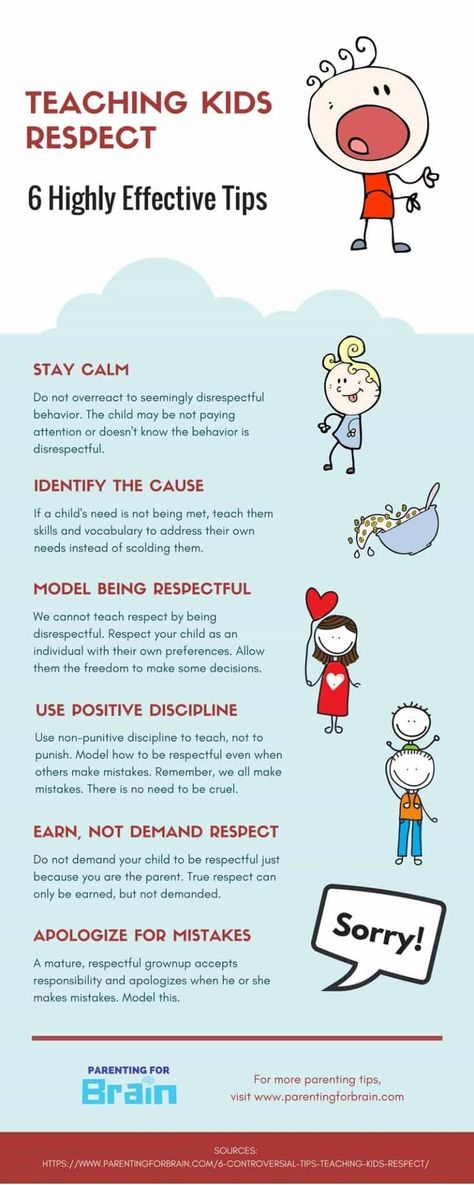
Give your child the right to negative emotions
Being kind does not mean always being kind and cheerful. It is impossible to imagine that a child (as well as an adult) will always behave like a kind person. Like an adult, he has the right to get angry, show negative emotions and make mistakes.
Do not show disappointment in such cases and consider all your efforts in vain. Understanding, support and help in getting out of a situation when a child has committed a bad deed, teach good and make you closer.
Tell about the result
It is important for children to see the fruits of their efforts. The message that the money collected at the school fair helped the boy Vitya to have an operation and return home will be the best incentive to hold the next charity event.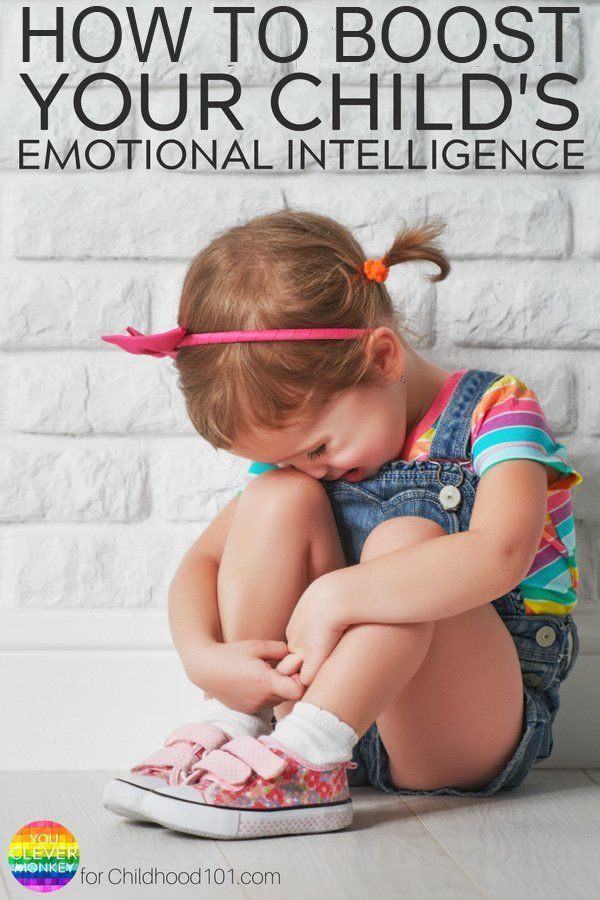
Any conscientious foundation will definitely tell how the funds were spent and who received the collected items. Your task is to share good news to inspire your children to new good deeds.
- Press from the heart: Natalia Vodianova changes the world at the touch of a button
- Budget support. How businesses can help those in need at no extra cost
Volunteer manual: how to behave in an orphanage
Photo from vstu.ru
We are publishing a chapter from a manual for volunteers, which is being prepared for publication by the Synodal Department for Church Charity and Social Service. Other methodological manuals published in the ABC of Mercy series can be found on the website of the Department.
Helping children without parents has been and remains one of the most favorite types of work for volunteers. But not all help to the orphanage is good. The forthcoming manual for volunteers has a chapter on how to properly organize such assistance, what volunteers should and should not do in children's institutions.
The forthcoming manual for volunteers has a chapter on how to properly organize such assistance, what volunteers should and should not do in children's institutions.
First visit to an institution
Select an institution. If you want to help an institution that has few or no helpers, choose an orphanage or boarding school in a small town or village where you can travel regularly. Start by studying the situation on the Internet: if there is little information about the orphanage, if it does not have its own website, then most likely it is a really poor institution, and your help will come in handy.
Call administration . Try to speak as correctly and accurately as possible, without promising anything other than one-time help. For example, you can offer to bring some stationery that is needed in any child care facility. The transfer of stationery will be a convenient occasion to get to know each other.
Select delegates . Experienced volunteers should participate in the first meeting, preferably already with experience in child care facilities. As a last resort, they should receive at least a little training. Their task is to adequately assess the situation.
Experienced volunteers should participate in the first meeting, preferably already with experience in child care facilities. As a last resort, they should receive at least a little training. Their task is to adequately assess the situation.
Listen and look carefully. It is not the director who usually meets volunteers, but active educators or social workers. You need to ask them to tell in more detail about how the children live, what are the material difficulties. Employees are usually very willing to talk about everyday problems, although they often perceive volunteers as people from whom they can get something. But the main task of the first meeting is to start a dialogue, make friends with educators and management, find common ground, see everything with your own eyes and find out if the children really need any help: whether some volunteers, funds already help them, whether the priest comes. Perhaps some enterprise is taking care of the orphanage, and in material terms, everything is safe there.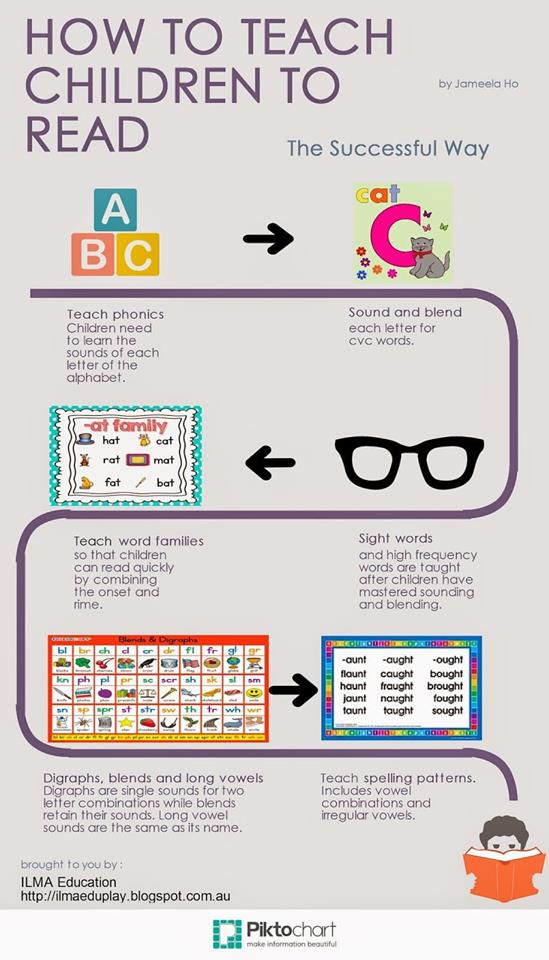 This is very good, but we need to find out if employees of the enterprise communicate with children. Your task as volunteers is not so much material support as communication: conducting conversations, creative circles, creating a Sunday school, etc.
This is very good, but we need to find out if employees of the enterprise communicate with children. Your task as volunteers is not so much material support as communication: conducting conversations, creative circles, creating a Sunday school, etc.
Photo by I. Sechina
An educator or other employee will have a very subjective opinion about the situation in the child care facility. But if you carefully listen to him and understand, you can draw the necessary conclusions for yourself. For example, if a teacher talks about his heavy workload, this means that he, for example, does not have time for creative activities with children. So, help will need to be provided precisely in this.
Responsibilities of the coordinator
After the first trip, you need to choose a coordinator - a person who will be responsible for helping this particular institution.
Communicates with the administration. Communication with the administration is one of the most important tasks that the coordinator undertakes. Volunteers should have minimal interaction with management, because it is quite difficult to build relationships with government agencies. For example, the boarding school of the eighth type has a lot of regulations and restrictions, and some seemingly harmless master classes may be prohibited by safety regulations. The coordinator will have to solve complex issues: how not to break anything, not harm the institution - and at the same time organize interesting events, teach children something. He must be an active person and, at the same time, very correct and sensible, avoiding conflicts with the administration.
Volunteers should have minimal interaction with management, because it is quite difficult to build relationships with government agencies. For example, the boarding school of the eighth type has a lot of regulations and restrictions, and some seemingly harmless master classes may be prohibited by safety regulations. The coordinator will have to solve complex issues: how not to break anything, not harm the institution - and at the same time organize interesting events, teach children something. He must be an active person and, at the same time, very correct and sensible, avoiding conflicts with the administration.
Organizes volunteer work. The coordinator gives each volunteer a clear task, determines the field of activity. The volunteer should feel needed, especially the one who came to the institution for the first time.
Motivates volunteers. It is quite easy to find volunteers for Christmas or Easter greetings in an orphanage, but it is much harder to find people who would regularly come to the boarding school, where there are not enough nannies, and just wash the floors. If someone stops helping, this is also the responsibility of the coordinator. We need to try to rally the team, call volunteers, be interested in the state of health, wish happy birthday, give the opportunity to get some kind of unloading: arrange conversations, excursions, pilgrimage trips, etc. Of course, a measure is needed here: first of all, help, and sometimes - some entertainment events, but not vice versa.
If someone stops helping, this is also the responsibility of the coordinator. We need to try to rally the team, call volunteers, be interested in the state of health, wish happy birthday, give the opportunity to get some kind of unloading: arrange conversations, excursions, pilgrimage trips, etc. Of course, a measure is needed here: first of all, help, and sometimes - some entertainment events, but not vice versa.
Photo by K. Milovidov
Volunteer training
Tell them about the institution. Before the first trip, the coordinator must gather volunteers and tell everyone, and especially those who have never been to orphanages, where they will go, what awaits them in the institution, what are its features (after all, for example, a boarding school of the fifth type is different from a boarding school of the eighth species), what are the characteristics of children, their diseases, etc.
Explain the institution's rules. They belong everywhere and they must be observed . There are institutions where a medical book is required; there are institutions where you need to take a complete change of clothes with you and change clothes. It is very important to follow the regime: there is a quiet hour, lunch time, and if you are late, do not have time to finish a lesson or an activity with children, then you may be interrupted. In this case, you can not enter into an argument with employees, you must obey and next time try to do everything on time. All rules that are observed in the institution are unconditional and binding on volunteers.
They belong everywhere and they must be observed . There are institutions where a medical book is required; there are institutions where you need to take a complete change of clothes with you and change clothes. It is very important to follow the regime: there is a quiet hour, lunch time, and if you are late, do not have time to finish a lesson or an activity with children, then you may be interrupted. In this case, you can not enter into an argument with employees, you must obey and next time try to do everything on time. All rules that are observed in the institution are unconditional and binding on volunteers.
Discuss how to behave. Children should be treated as if they were your younger siblings or your own children. With all employees - watchmen, cooks, educators - be sure to greet, talk politely, try to sincerely, lovingly answer questions, and provide assistance.
Photo from mamakazan.org
Volunteers should be very careful about the choice of words they use. In no case should you smoke on the territory of the boarding school, including on the street, even if the children see that their teacher or nannies are smoking. You can’t blame anyone, and if the staff infects children with their example, volunteers can only show the children a different, positive example, give them a model of behavior.
In no case should you smoke on the territory of the boarding school, including on the street, even if the children see that their teacher or nannies are smoking. You can’t blame anyone, and if the staff infects children with their example, volunteers can only show the children a different, positive example, give them a model of behavior.
Volunteer in closed government institutions, where there are strict internal regulations, cannot go anywhere without the knowledge of the coordinators. The coordinator must know the location of his volunteer every minute. For example, if there are about a hundred children in a boarding school, volunteers should be divided into groups: someone goes to play music, someone goes to sports, someone else does something else. And if a volunteer has finished a lesson with children and wants to go outside with them, he must definitely tell the coordinator about it, who knows the rules and features of the institution better - where you can, where you can’t go, is it possible for children to go outside or do you need a separate permit and agreement. Therefore, the volunteer must inform the coordinator about all his actions.
Therefore, the volunteer must inform the coordinator about all his actions.
The coordinator must gather volunteers and talk to them not only before the first trip, but also before each subsequent trip . And after the trip, it is desirable to give an opportunity to share your impressions: arrange a small discussion : what did you do right, what mistakes did you make, what can be done next time.
Forms of work with children
Start from the skills of volunteers. When thinking about what to do with children, consider what volunteers can do. Usually volunteer leaders are aware of the talents of their volunteers. A volunteer appeared who plays the guitar - they began to work with children on the guitar; a volunteer appeared who dances - they began to dance. Can be carried out talks, master classes, arrange holidays, lead circles , etc. Interesting master classes can be found on the Internet.
Photo from the site 34374.info
Consider the possibilities of children. In different institutions, children will have different levels of skills and understanding. Everywhere will have their limitations. For example, in classes with children with certain diagnoses, you will not be allowed to use piercing and cutting objects. Find out and take this into account in advance: if children cannot cut with scissors themselves, then volunteers must cut blanks in advance.
Train caregivers. Then they will be able to continue their activities with children in the future. If they are actively involved in the process and begin to offer creative ideas themselves, it is important to support their initiative.
Instill good taste and culture. Volunteers can bring children books, films . But it’s not enough just to bring them – it’s important to draw attention to them, otherwise a good library will stand and gather dust. For example, you can choose one book and make an informal presentation: try to tell the children about the book, read bits and pieces, or come up with a short summary that entices the story so that the child has a desire to read the book for himself.
For example, you can choose one book and make an informal presentation: try to tell the children about the book, read bits and pieces, or come up with a short summary that entices the story so that the child has a desire to read the book for himself.
The same with films. We must try to make a selection of good films: adventure, about love, about friendship, about mercy, on Orthodox topics. But it is important not just to let the film be seen, but to discuss it with the children. Of course, they like action movies and comedies more, but in company with volunteers they can watch movies about heroes, climbers or submariners, and then you can talk to them about it: “What would you do in such a situation? Would you go to save a friend?..”
Children usually listen to popular music, and not the best examples of it. You can bring and listen to something more serious together with them: for example, transcribing operas and ballets into audio fairy tales for children. That is, you need to understand what they are interested in and try to switch them to a slightly higher level.
That is, you need to understand what they are interested in and try to switch them to a slightly higher level.
Help prepare for the next life. After the boarding school, children have a serious problem with motivation: they return to their asocial parents, they see a difficult situation in the family, and they lose the desire to study and do anything at all. Volunteers are able to help them prepare for an independent life, think together and choose what to study next, where to go.
If there is such an opportunity, you can do something for the social adaptation of children, to prepare them for life after the boarding school. If children receive a school leaving certificate of the eighth type, then later they can study only in some vocational schools. However, it is possible to help them master some simple specialties in the boarding school. This requires regular exercise - at least once a week. Volunteers usually don't get to come that often. But if there is an employee in the boarding school who, for example, knows hairdressing, and the director allocates a room for classes, then you can organize training for older girls: they can learn by cutting each other's hair.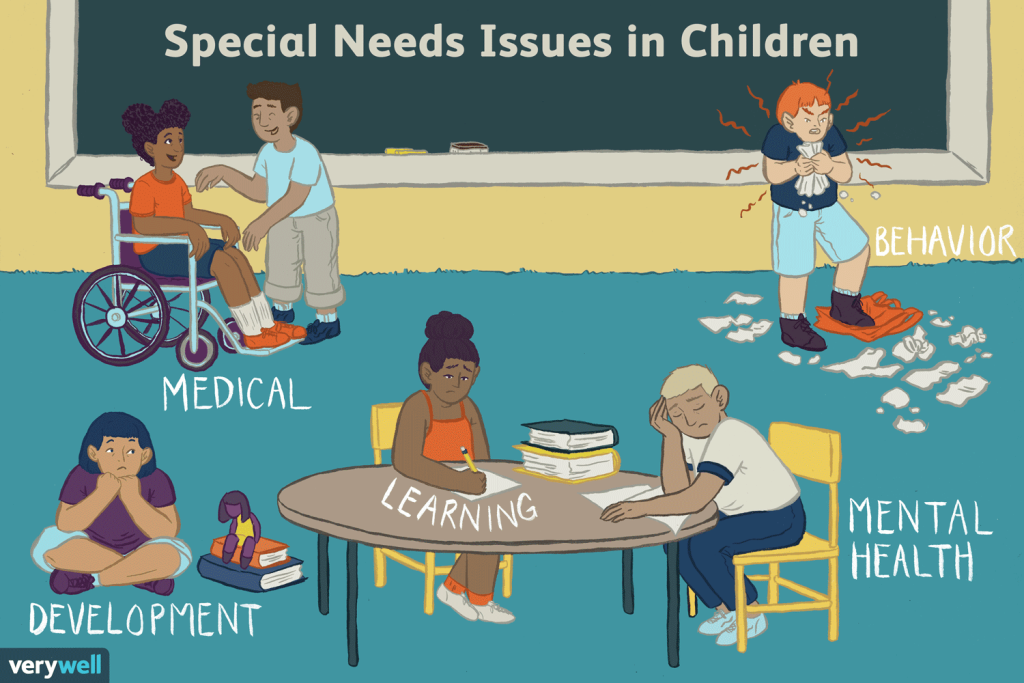 Volunteers, for their part, will help to purchase the necessary equipment: a table, a mirror, clamps, scissors, etc. The educator can Maybe the director will give the teacher extra hours - as for running a circle. If there is a teacher who leads a metalwork club for boys, you also need to talk with him and, possibly, help him buy special devices, nozzles for the machine, so that the guys do not just stamp boxes, but do something more interesting.
Volunteers, for their part, will help to purchase the necessary equipment: a table, a mirror, clamps, scissors, etc. The educator can Maybe the director will give the teacher extra hours - as for running a circle. If there is a teacher who leads a metalwork club for boys, you also need to talk with him and, possibly, help him buy special devices, nozzles for the machine, so that the guys do not just stamp boxes, but do something more interesting.
Children can learn other skills that will help them in life. For example, volunteers can make repairs in rooms with them - just so that children can see how linoleum is laid, how wallpaper is glued, how walls are painted.
Communication with children: some important rules
Do not discuss parents. For example, if volunteers come to a boarding school of the eighth type, then they should know that the children here are not orphans: formally they have parents, and they are not deprived of parental rights, but they are often very asocial, they do not visit children.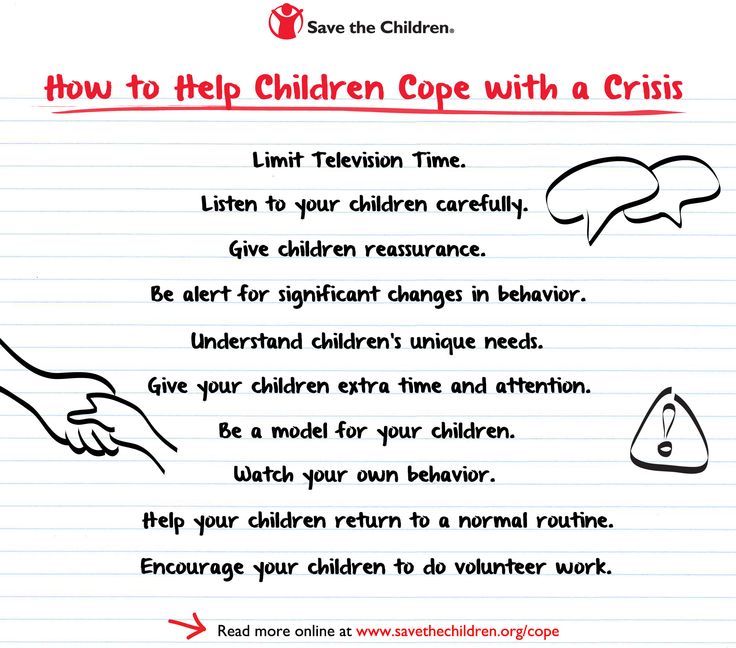 And for children, their parents are a sore subject. Therefore, parents should become a closed topic, i.e. It is better not to touch this topic yourself, in no case should you call a child an orphan - for him it sounds like an insult. If a trusting relationship has developed and the children themselves tell you about their parents, you need to listen to everything, but do not comment on unpleasant things, do not condemn the parents.
And for children, their parents are a sore subject. Therefore, parents should become a closed topic, i.e. It is better not to touch this topic yourself, in no case should you call a child an orphan - for him it sounds like an insult. If a trusting relationship has developed and the children themselves tell you about their parents, you need to listen to everything, but do not comment on unpleasant things, do not condemn the parents.
Promise nothing in vain. If a volunteer is not exactly sure what will come next time, then in no case can you promise anything. Although the children will definitely ask when you will arrive, what will you do. Try not to make promises in principle , and if you have already promised something, you must absolutely keep your word . Children living in boarding schools have already seen too many people in their lives who do not keep their promises. I would not want them to associate the image of an Orthodox volunteer with people who can let you down, promise - and not do it.
Photo from the site www.volgmed.ru
Know how to say “no”. Usually children in boarding schools are very affectionate, they need to be petted and caressed. Even when seeing a volunteer for the first time, a child can immediately come up, hug him and ask him to take him to him. It must be understood that some children rush to every new person like that. The volunteer must clearly know how to respond to this: it is possible and necessary to show kindness and affection, establish warm relations, but you need to be honest with yourself and with the child, be able to say “no”: “Unfortunately, I can’t pick you up.” A certain rigor is needed here. If the volunteer is really willing to come regularly, he can say: "I can be your friend." But when there is no certainty that it will be possible to visit the child regularly, it is necessary to explain: “I work, I study, I have a family. I will try to visit you again, but I can't promise that." The child already has a certain life experience to understand this.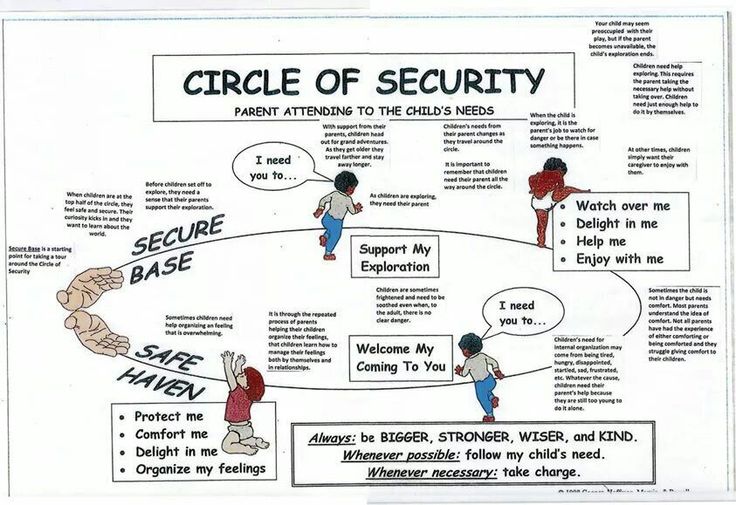
Do not give a phone number when meeting. You cannot give your mobile phone number at the first meeting, especially children with mental retardation: it is not clear where they will get money for phone calls, how they will talk, absolutely unable to build a dialogue, what kind of help they will ask for. You can give a mobile number only when you have been communicating with this child for a long time, when you have something to talk about with him, when he trusts you and you are ready to support him.
Sometimes it is possible to become a really close friend of a child - when you have been going to an institution for many years, the child has grown up before your eyes, you have a trusting relationship with him, he consults with you, etc.
Financial assistance
The main task of volunteers is not financial, but spiritual support, communication with children. But usually you have to deal with the material needs of the institution. Volunteers at their own expense can buy, for example, stationery for classes. If there is a need to purchase expensive things, you can try to seek help via the Internet, post a request on a volunteer forum, on a particular site, or on social networks. Sometimes there are firms that are ready to buy expensive equipment and carry out repairs.
Volunteers at their own expense can buy, for example, stationery for classes. If there is a need to purchase expensive things, you can try to seek help via the Internet, post a request on a volunteer forum, on a particular site, or on social networks. Sometimes there are firms that are ready to buy expensive equipment and carry out repairs.
Find out what needs help. The administration of the institution can prepare a whole list of what they need for the arrival of volunteers. Take this list soberly, carefully study and discuss what is really needed and what is not. First of all, you can respond to requests for what is needed for activities with children - sports, creative, etc. But if they ask, for example, a computer, you must first find out what it is for: to work with children or for a teacher? Where will he stand? Who will train to work on it? A computer will quickly break down if it is carelessly used, and it is important to first find a person who will be in charge of it.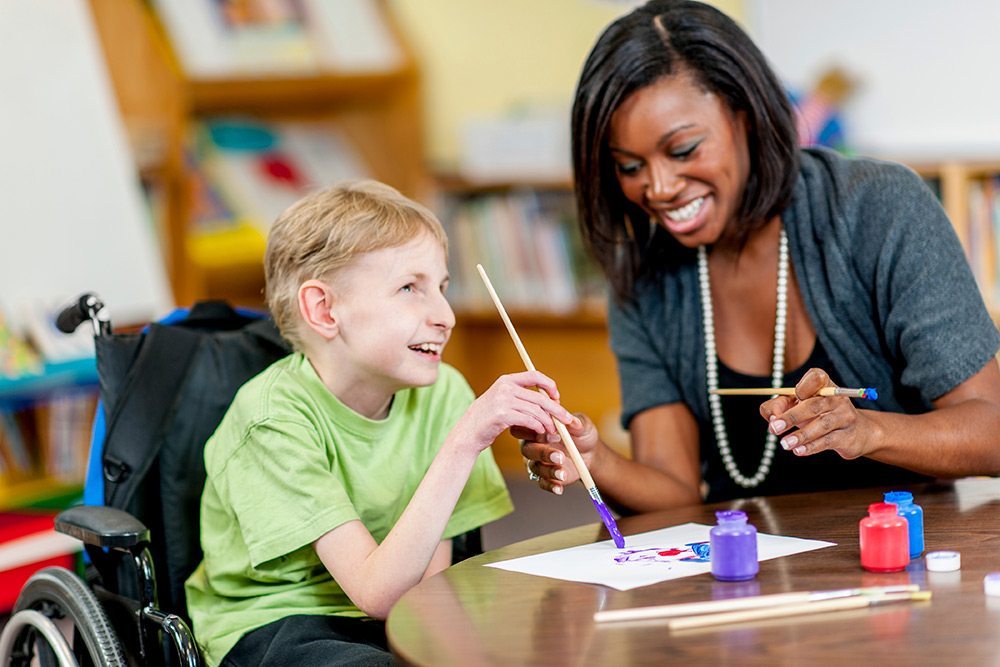 It can be one of the employees or one of the volunteers. Not all requests from the administration can be met, so the volunteer coordinator must be able to give a polite refusal.
It can be one of the employees or one of the volunteers. Not all requests from the administration can be met, so the volunteer coordinator must be able to give a polite refusal.
Photo from www.volgmed.ru
When a potential philanthropist appears who is ready to provide financial support to an institution, he usually wants to be sure 1) that his help solves really important and pressing issues; 2) that the aid was used for its intended purpose. If, for example, the institution needs repairs, take and show the benefactor photos so that he can see the problems with his own eyes, tell us what you learned about the orphanage during your volunteering, or offer to go to the orphanage together.
Arrange for your charity support . Volunteers usually do not have a legal entity, but they can act as intermediaries between the orphanage and the philanthropist: help write a letter of request on behalf of the boarding school, give it to the director for signature, take it to the philanthropist.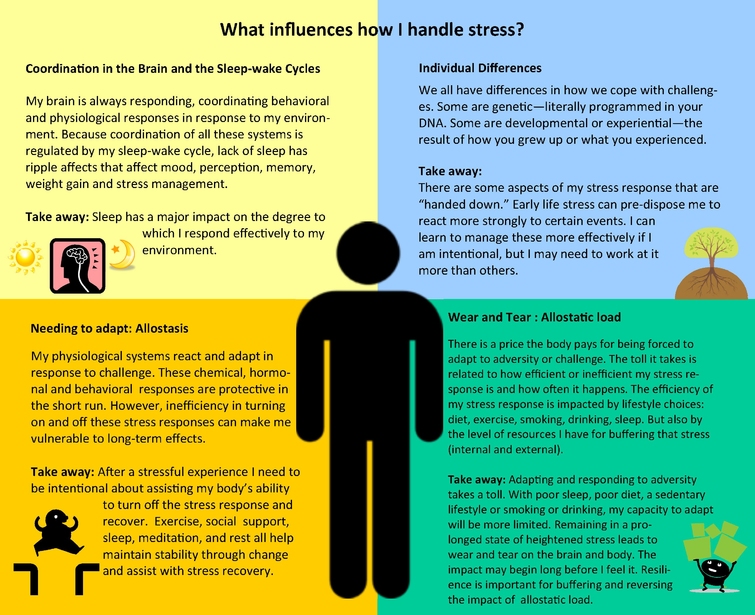 This is usually done by the coordinator.
This is usually done by the coordinator.
If the philanthropist is a firm, a legal entity, or if he acts as an individual, but buys an expensive item, reporting documentation will be required. In particular, the act of acceptance and transfer, which is signed when transferring assistance. Be sure to discuss this issue in advance! Because the administration of the institution is not always ready to take these or those things on the balance sheet, bear financial responsibility, sign documents. It is necessary to coordinate these difficulties with the philanthropist.
Thank the benefactors. After you have delivered and handed over help from philanthropists, be sure to thank them. If you, for example, have changed windows or bought televisions at the expense of the company, take a picture of them and send photos with thanks. Six months later, you can write a letter to the benefactor again, telling that you continue to go to the institution and see his gift there. As a rule, this causes a desire to help with something else, even without drawing up acceptance certificates. This means that the benefactors have complete trust in the volunteers and the institution.
As a rule, this causes a desire to help with something else, even without drawing up acceptance certificates. This means that the benefactors have complete trust in the volunteers and the institution.
Don't go overboard with . Unfortunately, in children's institutions there is often a consumer attitude towards both things and people: they begin to perceive any person who comes exclusively as a benefactor, a donor, and not as a friend. To prevent this, it is important for volunteers to feel this line themselves. There is no need to organize trips to the orphanage on holidays exclusively with the distribution of gifts. You will form a consumer position not only among employees, but also among children. This will greatly interfere with their further socialization and improve their lives after leaving the orphanage. The false idea that everyone owes them leads such graduates to prisons and hospitals. The primary task of Orthodox volunteers is to teach the child what will help him in his adult life.
Photo from the site ugntu-str.ru
Relations with the staff of the institution
Sometimes you can help financially. Volunteers usually bring gifts for children - as a rule, these are materials for creative activities and events, clothes, etc. But the standard of living of employees of institutions in small towns is quite low, the salaries of educators, nannies, cleaners are low, and they sometimes ask permission to take something for their families. The rule here is this: if the brought items were allocated by a philanthropist against signed accounting documents, then the items are transferred only to the institution. After a while, you can check whether the purchased TV or sports equipment is still in place. But when things were donated by donors for various people in need or purchased by volunteers themselves, then you can not limit yourself to helping only children, but also share them with employees. If you find out about the complex family problems of employees (someone is sick and you need help buying medicine, putting them in a hospital, raising money for an operation), you can, if possible, get involved in helping.
Choose gifts wisely. Sometimes volunteers who come to the institution regularly bring small gifts from the administration. But here you don’t need to get carried away, a gift should not replace attention. And choosing it, one should not lose sight of the main goal: helping children. So, for example, if you visit a boarding school of the eighth type for children with mental retardation, it is better to give the administration not abstract expensive gifts, but special literature on these types of diseases, special textbooks for classes with such children, etc.
Don't sit too long at the table. Sometimes the institution prepares in advance for the arrival of volunteers, lays the table, and communicates with the staff during tea drinking. This is good at the first stage, when relations with the administration are just beginning to build. When volunteers help regularly and are allowed to interact with children, such tea parties should be minimized so that they do not take up a lot of time.
Be prepared to be rejected. Not always and not everyone will perceive your help positively. When little work is done with children, especially sick ones, they get used to it and require less attention from others. But the more volunteers work with them, the happier the children are waiting for meetings with them, and then it becomes more difficult for educators: the burden on them increases. If the educator has an active position, he is glad that volunteers are coming, he gets involved in the work, asks for additional material, and is ready to study. But it happens that the educator, for health reasons, or in his emotional make-up, or because of excessive workload, is not very open to something new. Then the appearance of volunteers brings him only unnecessary troubles and problems. We must understand that this can only be overcome with kindness and love. You can bring educational cartoons and educational games so that children can play them on their own, without the active participation of an adult, but only under his supervision.
